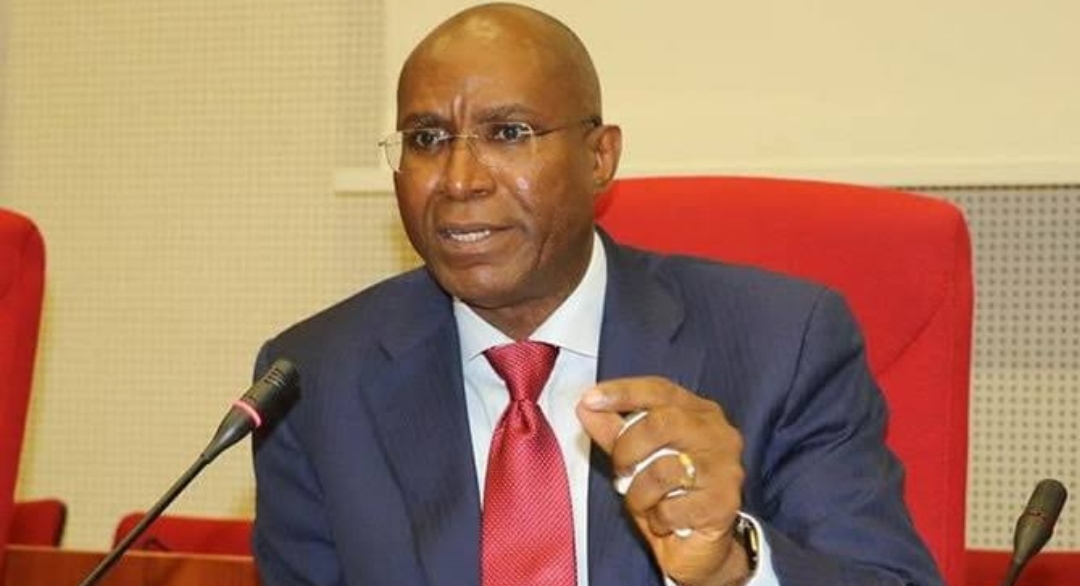The Senate is working currently on a Bill to set aside 30 per cent of seats at the National Assembly and 40 per cent of seats at states’ Houses of Assembly for young people.
This was made known by deputy Senate President, Ovie Omo-Agege, on Friday in Lokoja during a symposium to mark the 46th birthday of Gov. Yahaya Bello of Kogi State.
The theme of the symposium was: “Insecurity in Nigeria and the Role of Youths.”
According to Omo-Agege “If youths are given such an opportunity, they will not have the time to participate in protests when they will be seated at executive council meetings.”
Omo-Agege, who is also the chairman of the Senate Committee on Constitution Amendment said once the law was put in place, ”youth in the country would become more engaged and focus less on crimes and criminal activities”.
He went on to extoll Governor Bello, noting that the country would like to create more young people like the governor to occupy top positions in governance.
What you should know
Despite growing evidence of youth activism and mobilisation, Nigerian youths have yet to achieve the level of inclusion required to gain representation in politics.
With the signing into law of the Not Too Young To Run Bill in 2018, by President Muhammadu Buhari, this trend seems to be changing as youths are beginning to see the importance of their role in governance.
Among other changes to the electoral law, it reduced the age for presidential candidates from 40 to 35 and for House of Representatives candidates from 30 to 25 years.
As a result of the Bill, there is a positive trend in youth participation, with youth candidacy increasing from 21% in 2015 to 34.2% in the 2019 elections.
Despite these changes, the number of youths aged 18–29 (based on the youth definition given by the National Youth Policy organisation), voted into elective positions in Nigeria is less than 1%.
Further, there are no youth in the cabinet formed by President Buhari, and neither is there a youth in the National Assembly.
This is despite youths making up over 67% of registered voters, on average, which means that whoever they decide to vote for is sure of winning the election.
Poor funding and high costs of nomination forms for various offices remain a major obstacle to youth representation in politics.
Few Nigerian youths are financially buoyant to pay these sums and, since donors and godfathers usually prefer older men whom they believe have the chances of winning, young people are naturally disenfranchised.
Commentary by Dr Ajodo-Adebanjoko, an Associate Professor in the Department of Political Science, Federal University Lafia.



